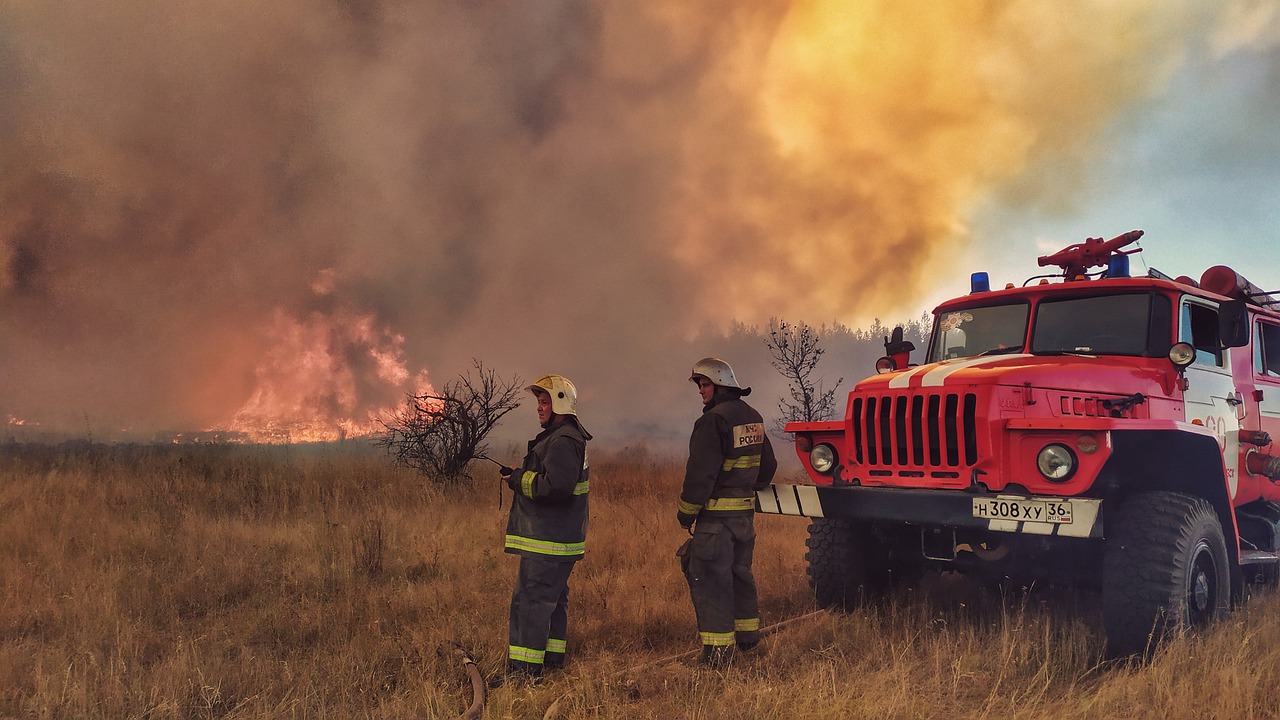A study published in the journal Science Advances has found a link between wildfire smoke and increased cases of COVID-19 infection and related deaths. According to the study by researchers from Harvard University’s T.H. Chan School of Public Health, John A. Paulson School of Engineering and Applied Sciences, and the Environmental Systems Research Institute in Redlands, California, about 20,000 additional COVID-19 cases and 750 deaths were recorded on account of the wildfires.

The researchers recorded the spike in coronavirus infection cases and deaths from March 15 and December 16, 2020, in the three western states. They found that COVID-19 patients who got exposed to wildfire smoke could suffer worsened conditions and deaths up to four weeks after initial exposure. The authors of the study established that dangerous fine particulate matter (PM 2.5) from wildfire smoke can disrupt the functions of the white blood cells in the lungs, compromising the body’s immune response, if inhaled.
“The year 2020 brought unimaginable challenges in public health, with the convergence of the COVID-19 pandemic and wildfires across the western United States,” said Francesca Dominici, a senior author of the study. “In this study, we are providing evidence that climate change — which increases the frequency and the intensity of wildfires — and the pandemic are a disastrous combination.”
The researchers were able to find that “a daily increase of 10 µg/m3 in PM 2.5 each day for 28 days was associated with an 11.7% increase in coronavirus cases and an 8.4% increase in deaths. While the rate of COVID-19 infection has increased with the landfall of the Delta and Lambda variants, environmental experts said more than 40,000 wildfires have consumed 3,893,239 acres of land across the entire United States in this year alone.
The Environmental Protection Agency (EPA) has warned that the quality of air in the atmosphere has dropped significantly this year as a result of increasing wildfires. And the Centers for Disease Control and Prevention (CDC) noted that exposure to environmental air pollution worsens coronavirus symptoms and outcomes, SF Chronicle reports.
Smoke inhalation has been linked to compromised immunity, lung inflammation, respiratory infections, and flu-related hospitalizations and death. The CDC warned that children, pregnant women, and asthmatic patients are mostly at risk of smoke pollution with resultant problems such as wheezing, stinging eyes, runny nose, fatigue, chest pain, coughing, difficulty breathing, and asthmatic attacks among others.
“Climate change will likely bring warmer and drier conditions to the west, providing more fuel for fires to consume and further enhancing fire activity,” Dominici noted. “This study provides policymakers with key information regarding how the effects of one global crisis — climate change — can have cascading effects on concurrent global crises — in this case, the COVID-19 pandemic.”
